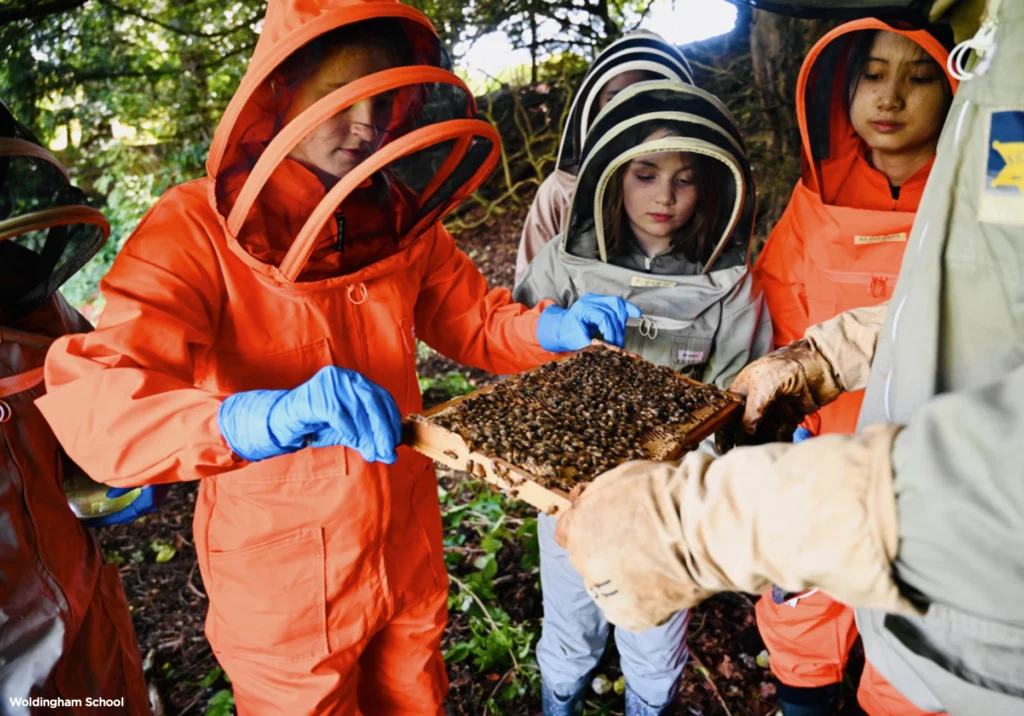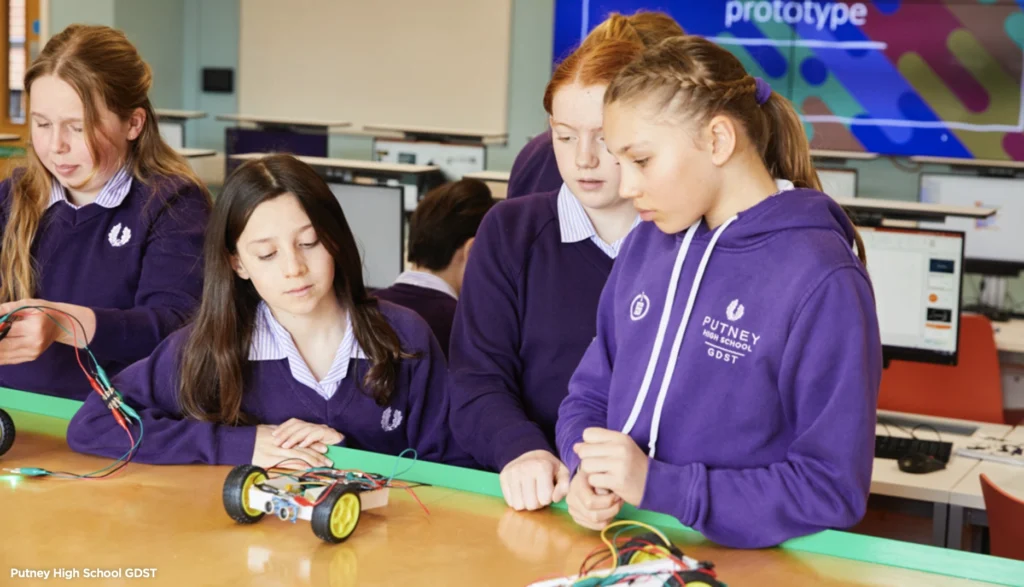Menu
Many young people are worried about the climate crisis and how governments around the world are – or aren’t – dealing with it.
According to the latest Save The Children survey of 3,000 children, 70% are worried about the world they will inherit and no fewer than 75% want the government to take stronger action on the climate and inequality crisis. Some 60% think climate change and inequality are affecting their generation’s mental health in the UK, and more than half (56%) believe it is also causing a deterioration in child mental health globally.
Schools offer children an opportunity to make positive changes in their local community, giving them a sense of control over a spiralling world issue, which is something that can help alleviate the worries that many pupils feel deeply about the planet they will inherit. Taking action through student-led initiatives and programmes is a first step. “Certainly, young people at Ardingly are increasingly concerned about the effects of climate change and there are a number of student- and school-led initiatives to encourage everyone to play their part in mitigating these, including a popular Eco-Society,” explains Ben Figgis, Head of Ardingly College.

“One of the most eye-catching, however, is our Solar Car Project, where teams of students have designed and built three solar-powered vehicles in recent years. Our Solar Car Project has fostered environmentally responsible engineering skills in a generation of students and has twice been shortlisted for Prince William’s prestigious Earth Shot Prize.”
Dulwich College runs an annual Eco Week, which is a whole-school initiative, explains Dr Cyrus Golding, Head of Geography and Advanced Electives. “We have been developing approaches to equip students to make changes and a real difference to supporting environmental efforts. Teaching about sustainable issues runs across different disciplines, and sustainability is further
highlighted by our annual Eco Week.”

At Woldingham, the approach is to propel students into action to lean on those in power. Davina Stansfield, Woldingham’s Head of Wellbeing, says: “Our focus at school is about sustainability, which we discuss in wellbeing lessons, as well as in clubs and societies, such as Eco Club and Beekeeping. In wellbeing lessons, we talk about how students can represent their views, which includes raising concerns with an MP or local representative.”
Climate change and the surrounding issues are embedded into the Global Studies Curriculum at Thomas’s. “In Year 7, pupils complete a whole Geography unit on how to make the world a more sustainable place and reduce the impacts of climate change,” explains Emily Jenkin, Head of Upper School, Thomas’s Battersea. “Pupils are encouraged to think about the causes and effects of climate change, how it has social, environmental and economic impacts, as well as ways in which we can prevent it.”
At The Roche, Head Jonny Gilbert says, “You can’t go far wrong if you are guided by the UN Goals for Sustainable Development. Learning about these provides a practical framework for children to understand how they and others can make a difference for our world.”
It’s never too early to listen, and at Broomwood even the youngest pupils are given a voice. “We have Eco Monitors in the Pre-Prep. These children are responsible for helping teachers to ensure that we recycle classroom materials. They have completed training and are aware of what we cannot recycle too, such as tissues and paper with paint on it. The Eco Monitors also encourage classmates to turn lights out and taps off when they are not being used,” says Victoria Davies Jones, Head of Marketing at Broomwood.

Putney High has banned single use plastics, cut unnecessary electricity consumption and recycle efficiently as part of their Breathe programme to inform classroom learning, driven by an eco-committee supervising these simple measures and much more. In addition, findings from the school’s first-of-its-kind study into the positive impacts of Biophilic
design in the classroom have now been rolled out across the school and shared with others worldwide – helping organisations to understand the impact of nature on wellbeing and academic performance.
“It has made a direct and positive impact,” says Head, Jo Sharrock. “Putney put green Putney High School GDST infrastructure and environmental learning at the heart of its teaching, development and commitment to the community.”
Giving pupils agency at a young age to understand that even the smallest actions can make a big difference, and that everyone has a role to play in safeguarding our planet, will help define a generation who feels able to address the failures of the past and create a brighter future – and one of the best places to begin to do that is in their school community.
